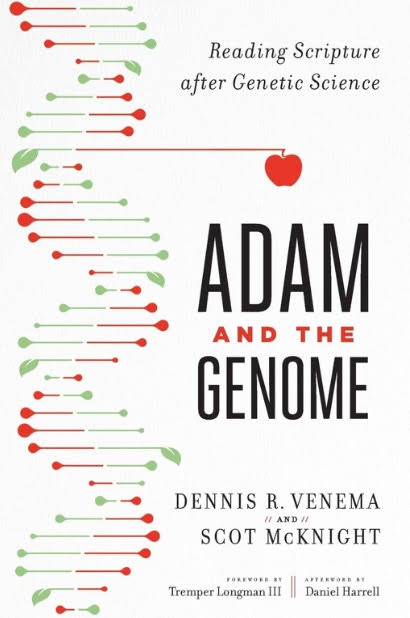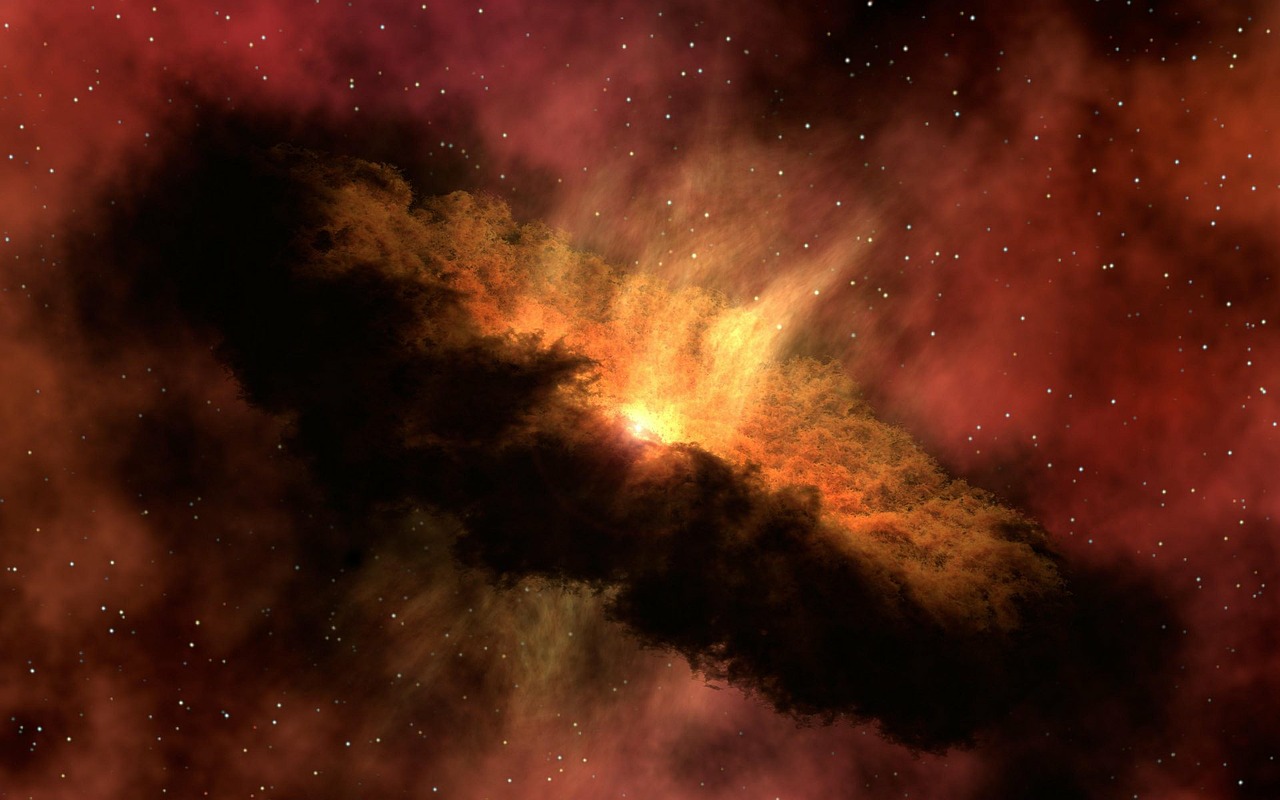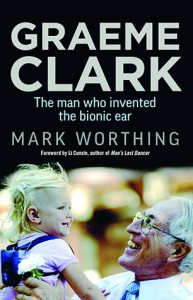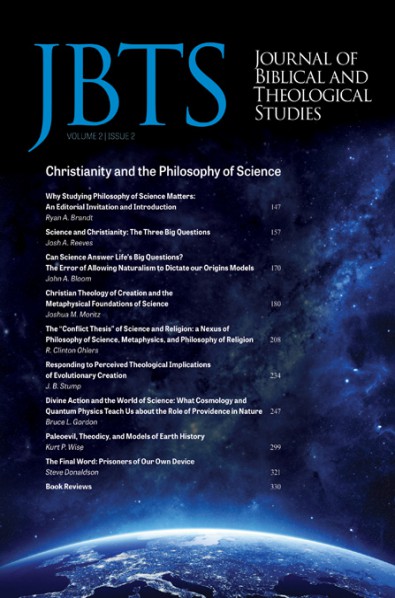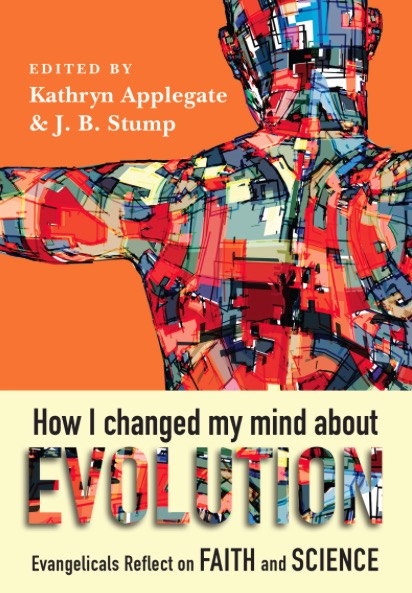


Why all the fuss about Stem Cells?
Allan J Day, November 2007
Download PDF
Why all the fuss about Stem Cells?
If embryos are not persons, why not allow them to be grown for stem cell production?
Allan J Day
Emeritus Professor (Physiology) University of Melbourne, and Fellow of ISCAST Australia.
This article first appeared in The Melbourne Anglican, November 2006, and is reproduced here with permission.
Abstract
Current Australian Federal legislation (2002, subject to a 2007 sunset exclusion clause) provides for surplus (IVF) embryos to be used for the production of embryonic stem cells. The creation of embryos (by cloning or other techniques) for stem cell production however has been specifically proscribed. This issue is now being revisited with pressure from the scientific community etc. to liberalise this legislation both to bring Australia in line with other communities (including the UK) where such liberalised legislation already exists and to enable the potential medical benefits of such procedures to be explored in Australia.
Many conservative Christians oppose this situation, as indeed they did the 2002 bill, on the basis that the early (pre- implantation) embryo represents a person whose life must be protected in the same way as other mature humans. Destruction of early embryos therefore represents an ethical line which must not be crossed irrespective of the potential benefit. The debate, subject now to a private members bill and a conscience vote, has evoked strong reactions and not a little incorrect understanding of the issues. What are embryonic stem cells and what do we mean by therapeutic cloning? Is the early embryo a person and what are the criteria of personhood? These are some of the questions we should as Christians have some interest and exposure to.
Key Words
Stem cells, embryos, personhood, human, DNA, ‘image of God’, cloning, ethics
Stem Cells are cells present in early embryos (and elsewhere) that are capable of developing into a variety of different tissue – nerve, blood cells, heart, liver etc, and in fact do so in the course of normal prenatal development. They may be harvested from early embryos following IVF technology (embryonic stem cells) or from adults from cord blood and other sources (adult stem cells). Therapeutic cloning (stem cell cloning) however may form a different ethical category. In this procedure the same techniques as reproductive cloning are utilised to develop an embryo with the unique genetic material of a ‘single’ parent and then such embryos are used to produce stem cells, which in turn can be turned into a range of other body cells.
The potential benefits of stem cell technology are considerable. They may provide lifesaving methodology in the treatment of conditions requiring replacement of tissue that will not be rejected. Yet this development has given rise to considerable unease in some quarters. It raises the issue of the nature of humanity: is the early embryo a person and therefore worthy of protection, and if not when does the transformation to humanness occur? We are forced to ask what we understand by humanness — is this described by genetic uniqueness alone.
There is no doubt that each embryo — whether produced by cloning, IVF technology or naturally, has a specific DNA pattern that will be stamped on every cell of the later stage foetus and of the adult human person into which it potentially develops. Biologically human life begins at the one cell embryo stage and proceeds inexorably, unless interrupted either by natural and spontaneous abortion, or by medical intervention. The question is whether one considers the embryo at the pre implantation stage to be a person — to be fully human and therefore to be accorded ‘human rights’? From the Judeo- Christian standpoint, being human cannot be reduced to genetics alone. It is integral to being made in the ‘image of God’, as described and developed in the Judeo-Christian Scriptures, a rather more embracing and spiritual description of our essential humanness. Such a description confers certain rights on humanity that are widely incorporated in our society in declarations of human rights. Such rights are not due to our unique DNA pattern — after all we share 98.5% of it with the great apes. Being made in the image of God is also not to be understood in some crude physical sense but rather to imply persons in potential relationship to God and their fellows, having a moral sense and related to the cosmos essentially as a steward acting on behalf of the Creator. While these aspects may have a biological concomitant, they transcend biology and negate an understanding of humanness on the basis of biology alone. We are more than can be described by our DNA, or by our biological properties. Are embryos persons, made in the image of God and as such heirs to Christian hope and redemption?
Some argue that embryos from the time of their formation are part of the human community and therefore demand protection, even though they have not yet manifested personhood. Others argue that early embryos are ontologically (in their ‘very being’) human — that is not just because of their genetic uniqueness. These arguments for an absolute protection of early embryos, as a matter of principle, are held by responsible ethicists. They do not reduce personhood to the purely biological as is often done in the more superficial arguments in favour of early embryo protection. They equate personhood with more embracing qualities and justify blanket prohibition of embryo experimentation irrespective of the perceived medical benefits.
There is no basis however either from Scripture or tradition to maintain that all embryos formed naturally or produced by IVF and cloning techniques are participants in Christian hope and destiny. For Christians all humans have the potential to share in the hope of reconciliation with God. Most embryos however do not survive. Even in natural fertilisation the attrition rate by spontaneous abortion can conservatively be put at more than 70%. Do we consider all these embryos as persons?
Other questions follow. If we concede that early embryos are not fully human, then when do they become human? Should we consider a later stage of biological development to encompass personhood — but if so what stage
— at implantation, at neural development, at viability?
Whatever the answer to these difficult questions, we are still faced with the approach to our treatment of early (pre-implantation) embryos. Because of their potential it must be maintained that human embryos, however produced, have value and might be conceded rights. They are not just pieces of tissue. Yet it may also need to be conceded that they are not fully persons to be protected in the same way as human persons. Their value may have to be weighed against other values and their existence may be at risk in the face of conflicting pressures. These are often difficult and confusing issues and demonstrate the need for caution. Yet they should not be an excuse for undue inertia when faced with the often highly beneficial effects of emerging medical technology.
